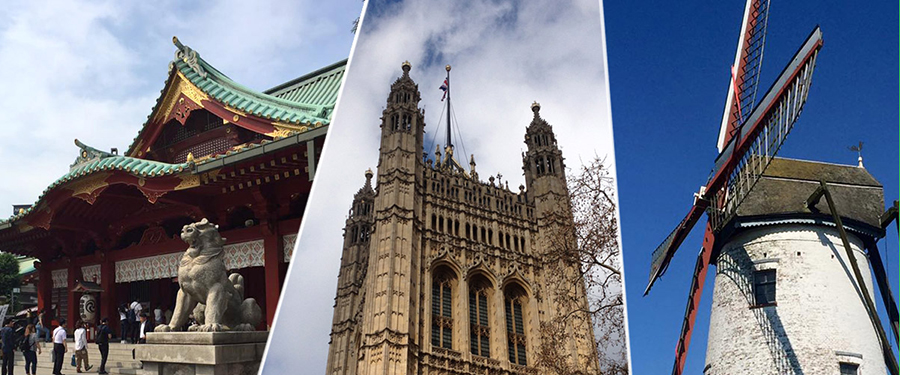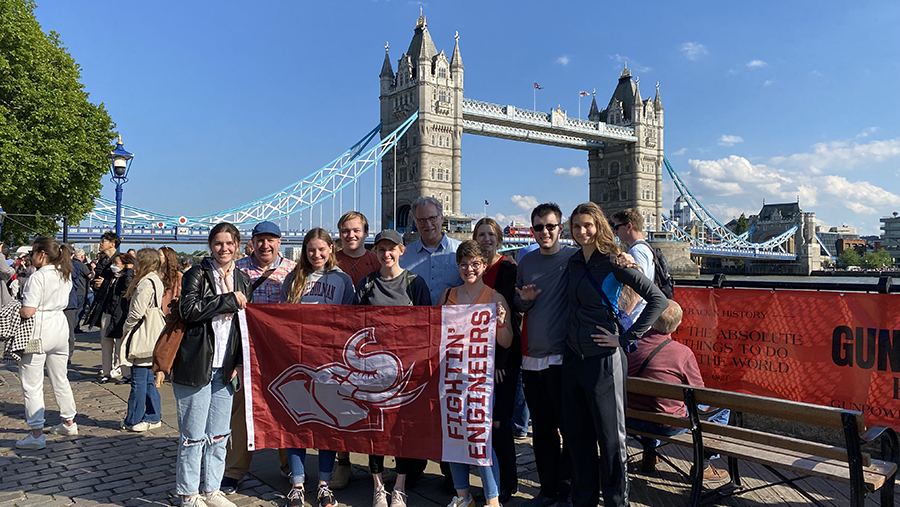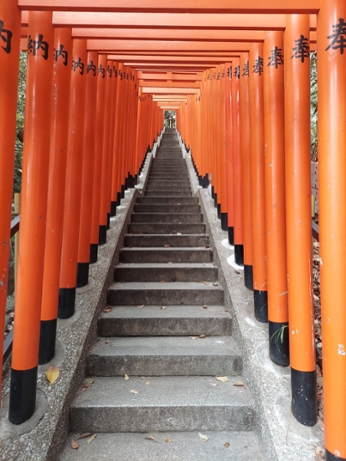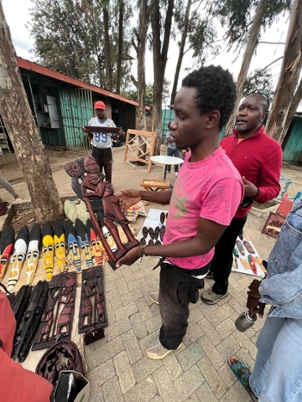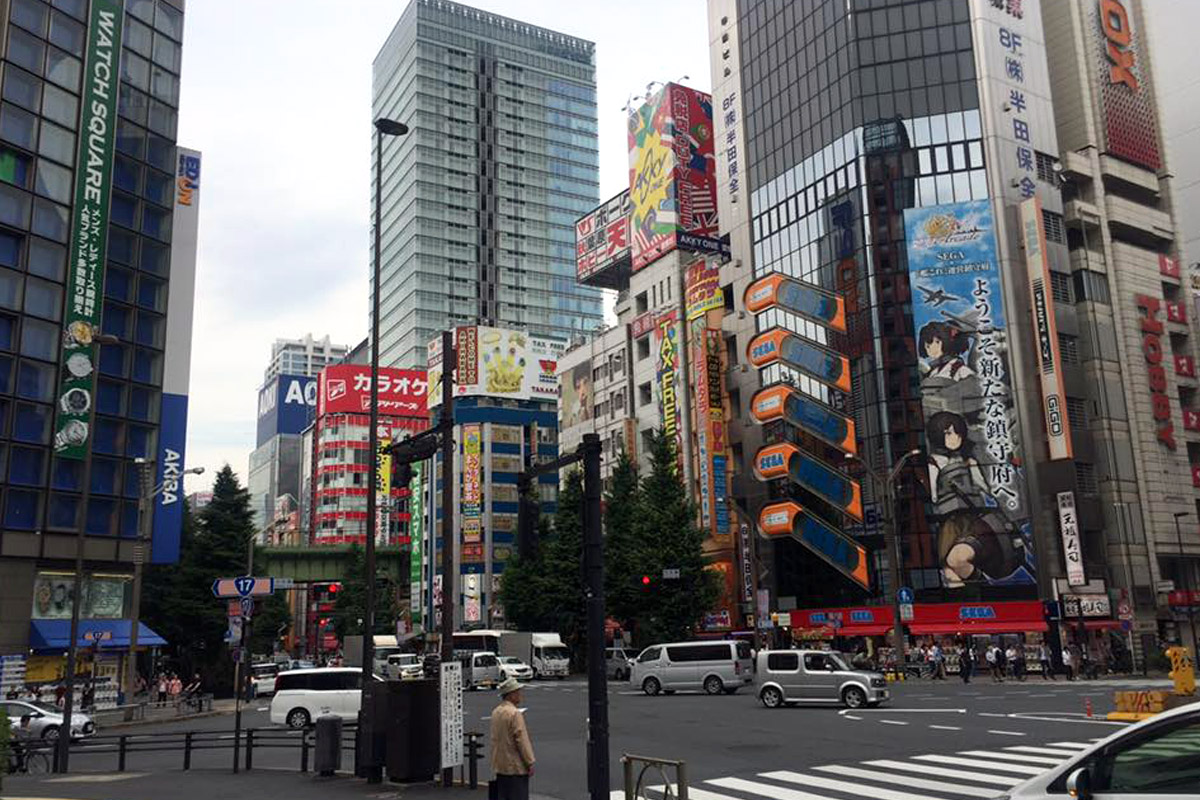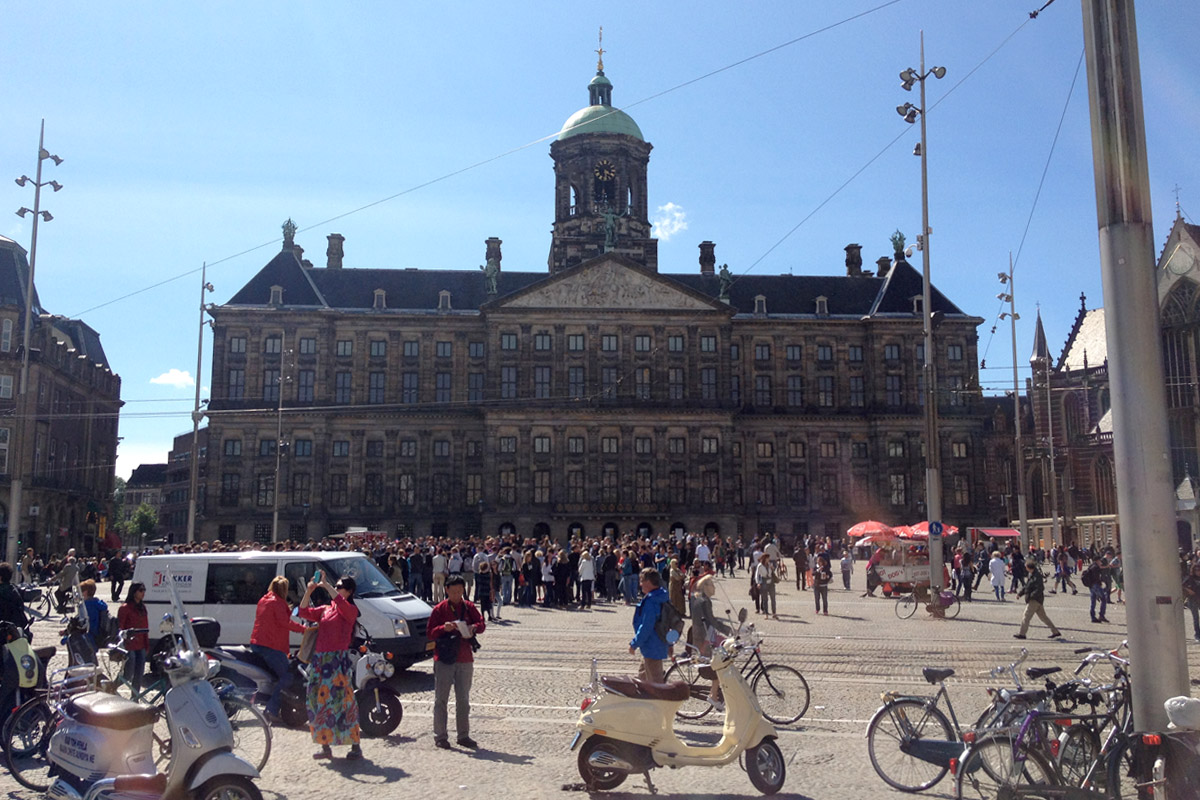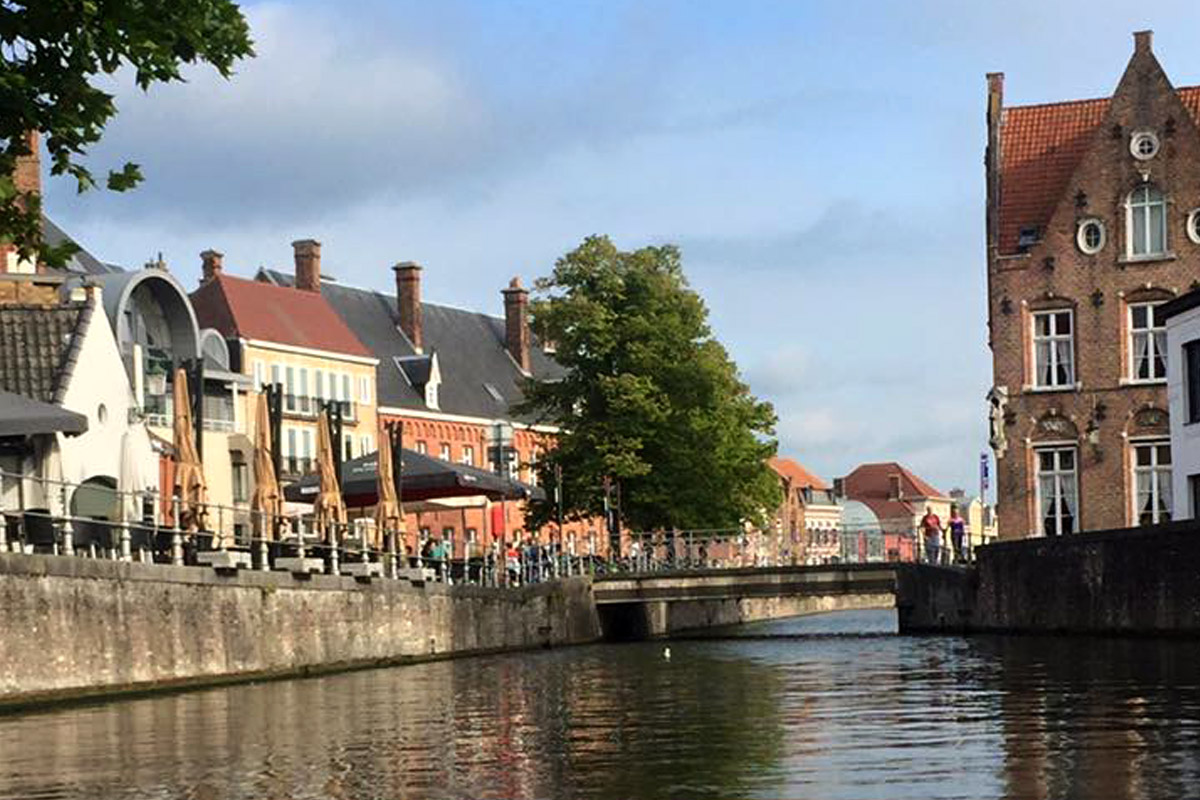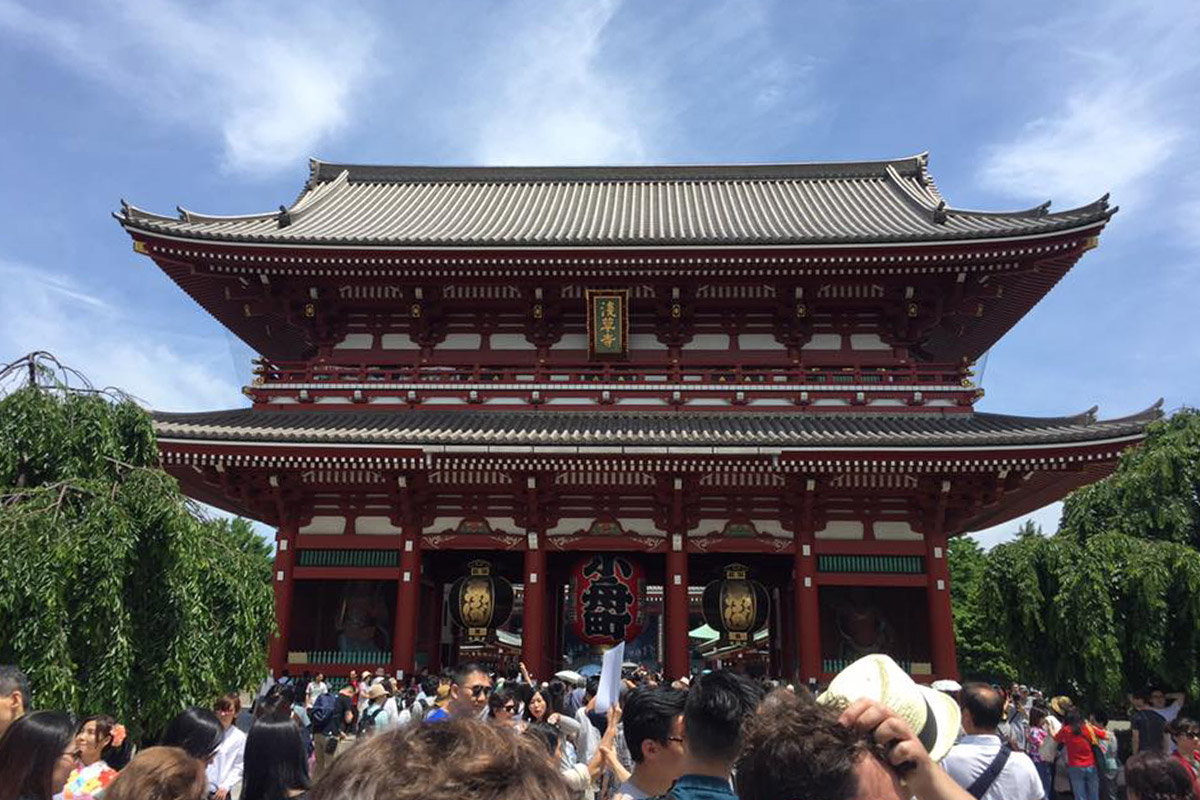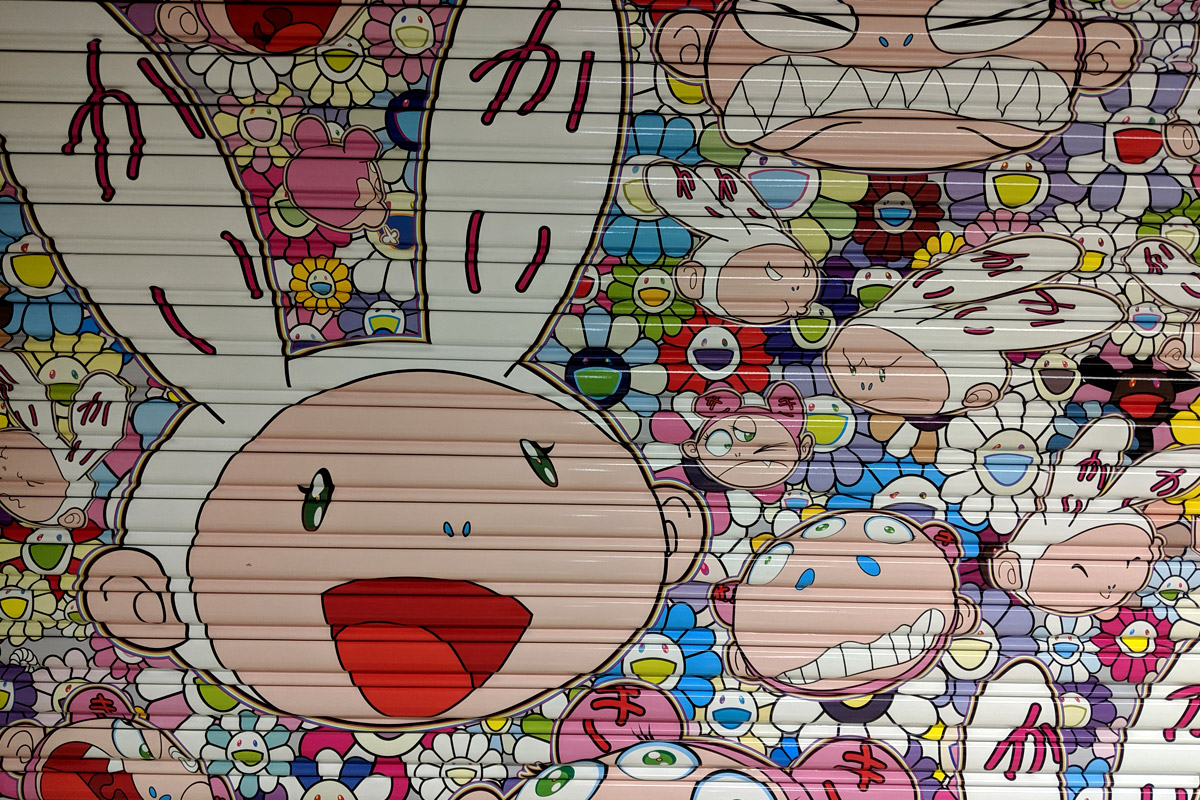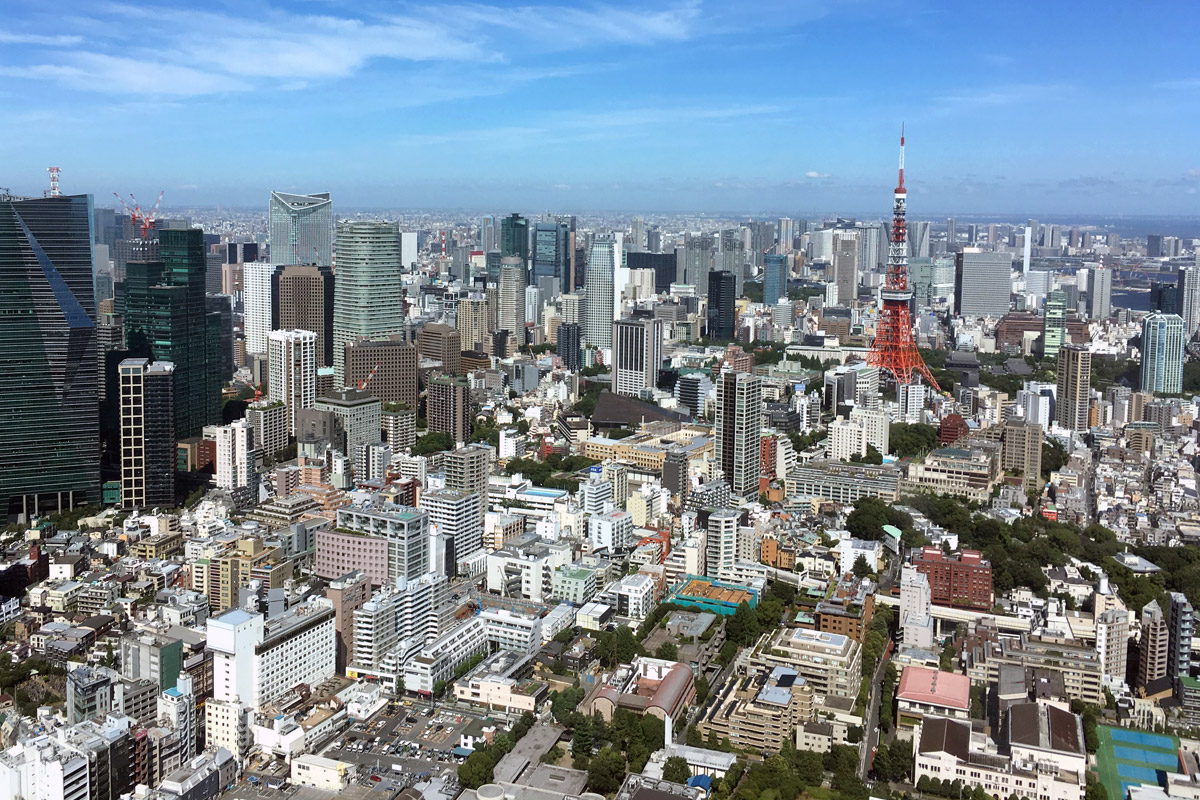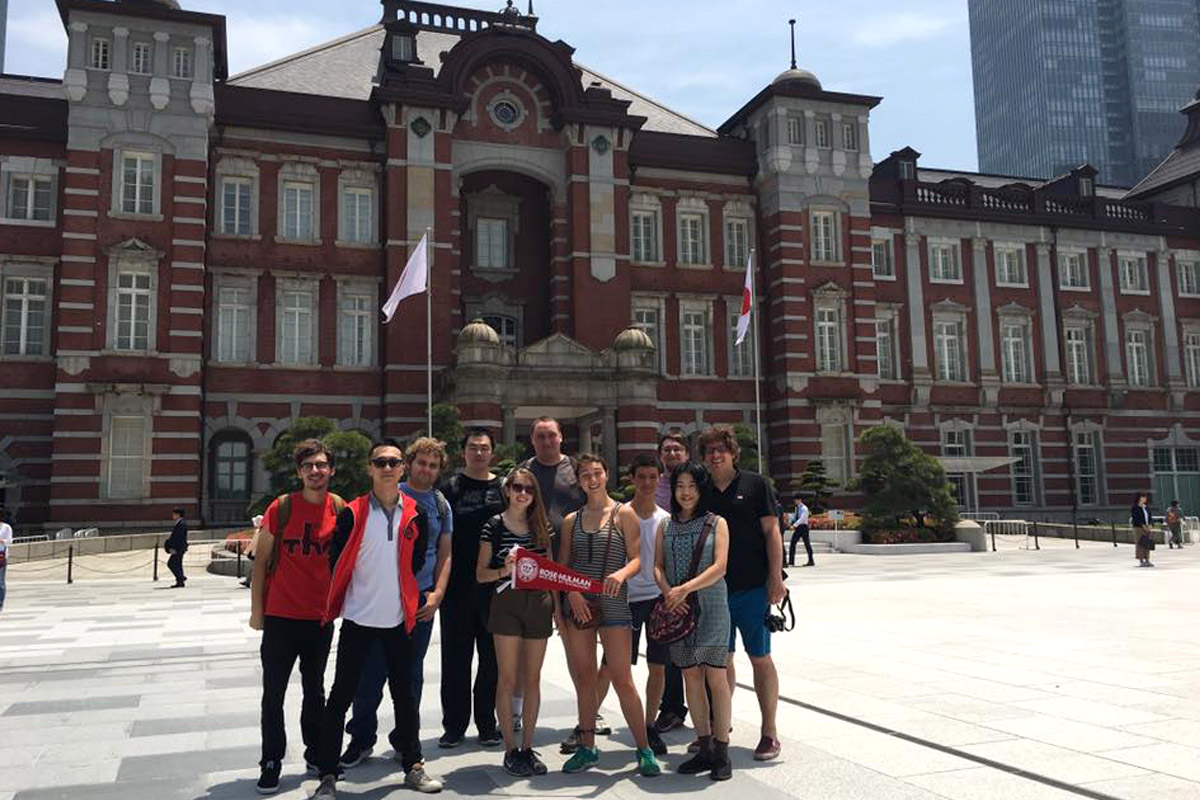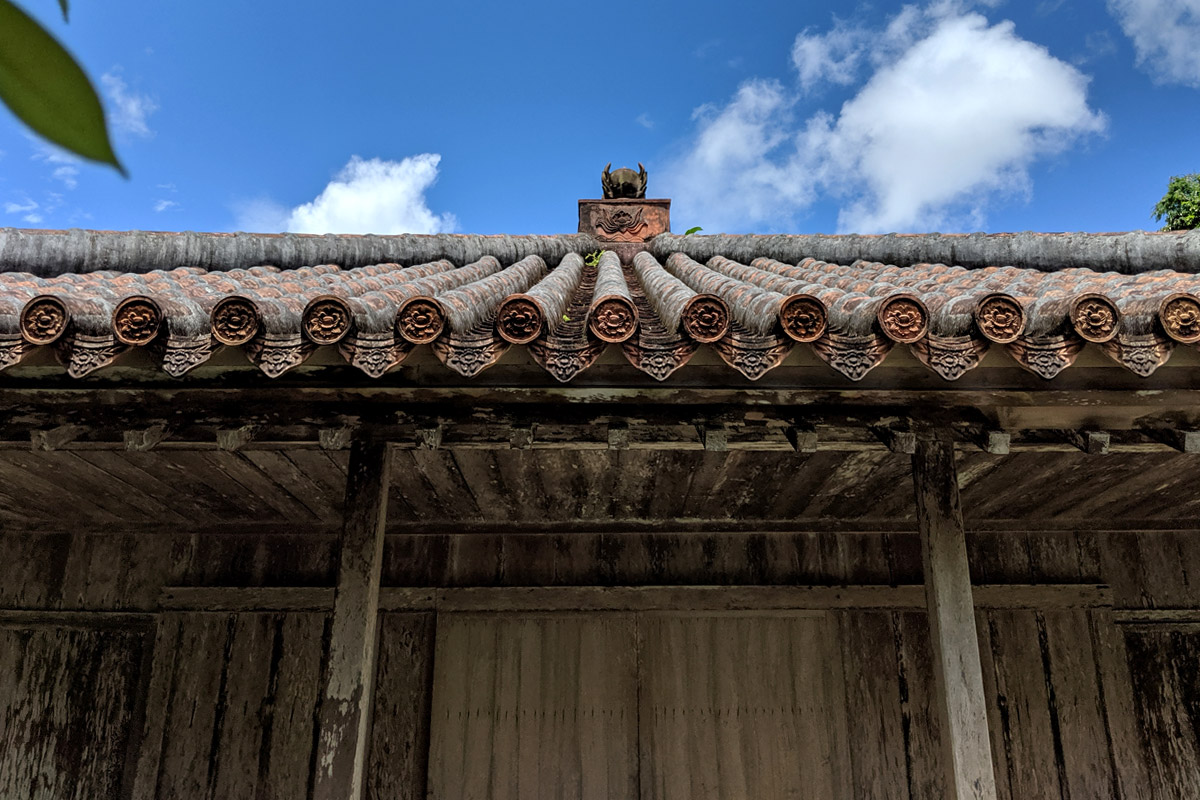MDS202 - Global Engineering and the Social Context
This program will expose students to the design methods, standards, codes, and regulations of engineering in Kenya, as well as the social, cultural, and political factors that impact engineering practice in the region.
We will arrive on Monday, May 27, 2024, in Nairobi, the capital of Kenya. A Local Program Facilitator expert from EDU‐Africa will meet the group at the airport and arrange for travel to Brackenhurst in the Limuru region. Students will stay in dormitories on the 100-acre site. We will also visit the Egerton University where we will live and work on an engineering project. We will also spend about 4 days on safari at the world-famous Maasai Mara Game Reserve. Our goal will be to complete a practical engineering project appropriate in Kenya.
We will visit local sites to learn about the people of Kenya, their culture, and challenges. Planned visits include: the Nairobi Design Thinking School, the Kibera Power Women’s Group, Gearbox—an initiative that aims at improving the ecosystem for hardware entrepreneurship, the Maa Trust a Maasai community, and an Elephant Orphanage.
View more information here.
Check out this immersive story from the 2022 study-abroad experience.
To apply please visit the RHIT Global Programs website at:
http://global.rose‐hulman.edu Search under Faculty‐led programs.
Questions? Contact Dr. Deborah Walter.
